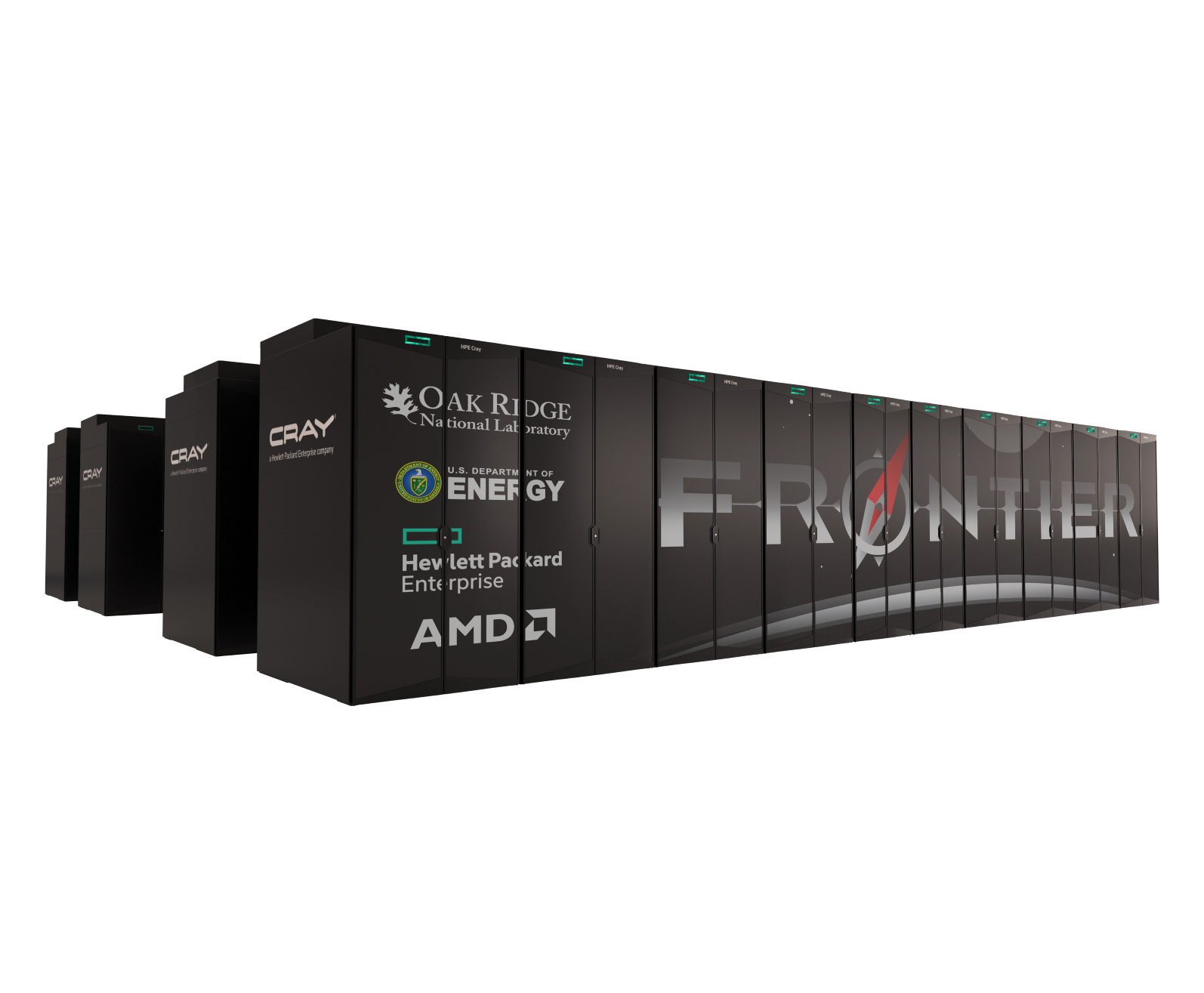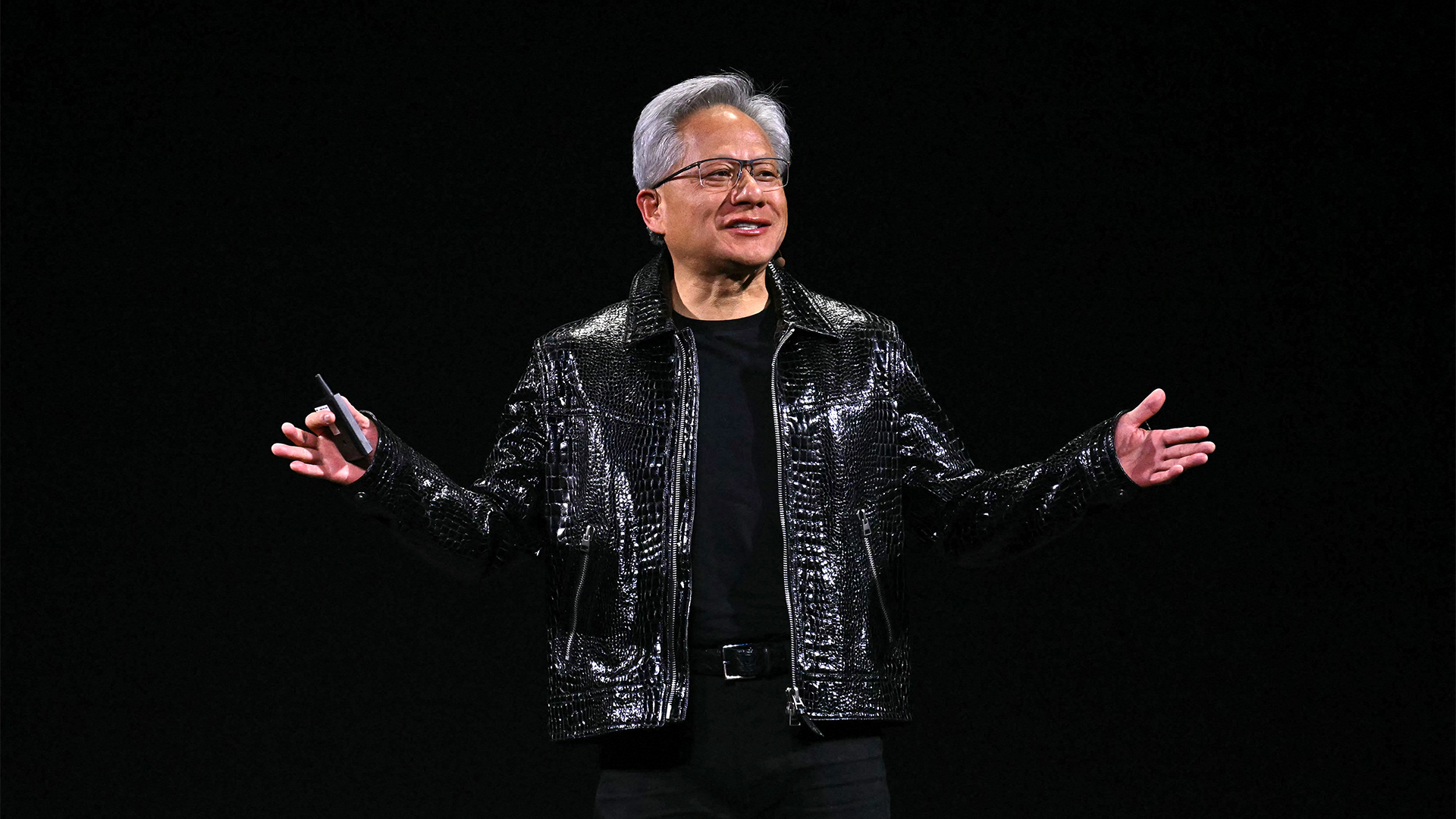What is exascale computing?
Exascale computing marks a step change in computing performance and could have benefits across a range of industries


Following the UK government’s Spring Statement, many may have wondered exactly what exascale computing is and how this transformative technology will play a key role in the future of the British economy.
Exascale computing was thrust firmly into the spotlight following the government’s announcement it plans to invest in building the country’s first iteration of this next-generation computing technology.
While this generated a degree of excitement, alongside commitments to driving investment in quantum computing, businesses may also have been left pondering what the potential long-term benefits of exascale computing could be, and how this differs from quantum or classical computing.
What is exascale computing?
Simply put, exascale computing represents a significant milestone in computing history, providing a far higher level of performance and capability. It’s expected to have a significant impact on business and the economy, according to Accenture managing director, Maynard Williams.
“Exascale computing represents a new race in science and computer engineering,” he tells ITPro. “These supercomputers run on incredibly powerful hardware and reach a scale of processing power that can make sense of huge swaths of data that are too expensive or inefficient for traditional computers.”
Exascale vs quantum computing: What’s the difference?
Quantum computing essentially “rethinks data analysis” by using the principles of quantum mechanics to process complex tasks or calculations simultaneously, Williams explains.
Similarly, high-performance computing (HPC) systems use a huge amount of processing power that can be focused on a specific problem, but one that can be broken down into separate atomic issues to enable a problem to be solved in parallel, he adds.
Get the ITPro daily newsletter
Sign up today and you will receive a free copy of our Future Focus 2025 report - the leading guidance on AI, cybersecurity and other IT challenges as per 700+ senior executives
“Exascale is differentiated by being a single unit, in that it can very rapidly share data across everything it is doing and process issues where there is an inter-connection between each piece of the modeling,” he notes.
How powerful is exascale computing?
Exascale computing in action

The Frontier supercomputer, developed by HPE, recorded a speed of 1.1 exaFLOPs in May 2022, becoming the first exascale computer on record
The potential performance capabilities of exascale computing is, to put it lightly, baffling at first glance.
Noam Rosen, EMEA director of HPC and artificial intelligence (AI) at Lenovo tells ITPro that exascale computing is a system that can perform a quintillion calculations per second. That’s 1,000,000,000,000,000,000 per second.
“Its application has been widely hailed as heralding a new age in HPC,” he says. “Exascale computing drives HPC to a new level of power efficiency and performance, and enables new breakthroughs that empower future discoveries.”
What are the benefits of exascale computing?
Exascale computing has the potential to unlock myriad benefits for organizations globally in years to come. This could include the energy industry, academic research, the space industry, and even areas such as motor racing, Rosen says.
“Exascale computing benefits multiple different industries, whether that involves speeding up research and development (R&D) or optimized energy efficiency, it drives game-changing results,” he explains.
“The scientific community in particular will benefit from it. By using exascale technologies, scientists are granted access to modern and easy-to-use cloud services, as well as tools for high energy physics, subatomic physics, mathematics, sound mechanics, space exploration, and more.
RELATED RESOURCE

Taking a design-led, data-driven approach to experience transformation
“With these in hand, scientists will benefit from rapidly increased insight generation and innovative research, which is aiding life-changing research.”
Justin Hotard, EVP for HPC, AI, and labs at HPE, echoes Rosen’s comments around benefits for R&D, specifically in the scientific research space.
Hotard tells ITPro exascale computing will enable engineering breakthroughs that are core to fuelling next-generation technologies and opening doorways for innovation. In particular, the potential for exascale computing in driving AI innovation is a key area of interest.
“With exascale performance, users can build AI models 4.5 times faster and eight times larger, allowing them to train more data that can increase predictability and speed time-to-discovery,” he says.
“These models will help advance techniques in areas such as natural language processing and computer vision,” Hotard adds.
Hotard notes major organizations such as GE Research have already been exploring how to harness exascale computers such as the aforementioned Frontier supercomputer to “transform aviation”.
“GE’s researchers plan to model and simulate computational fluid dynamics, which is core to understanding aircraft system performance, at the exascale level to predict the next generation of jet engine performance, safety, and efficiency without physical testing,” he explains.
“This R&D will significantly accelerate product design and development, and speed time-to-market,” Hotard adds.
Analysis from McKinsey also paints a great picture of how exascale computing could deliver benefits in key industries.
In manufacturing, the consultancy suggests that exascale computing “could accelerate the adoption of additive manufacturing by allowing faster and more accurate modeling and simulation of manufacturing components”.
Meanwhile, in the medical research space, the raw computing power afforded to researchers through exascale computing could support analysis of “massive data volumes and complex environmental genomes”, McKinsey states.
“It can also support cancer research in analyzing patient genetics, tumor genomes, molecular simulations, and more.”

Ross Kelly is ITPro's News & Analysis Editor, responsible for leading the brand's news output and in-depth reporting on the latest stories from across the business technology landscape. Ross was previously a Staff Writer, during which time he developed a keen interest in cyber security, business leadership, and emerging technologies.
He graduated from Edinburgh Napier University in 2016 with a BA (Hons) in Journalism, and joined ITPro in 2022 after four years working in technology conference research.
For news pitches, you can contact Ross at ross.kelly@futurenet.com, or on Twitter and LinkedIn.
-
 Should AI PCs be part of your next hardware refresh?
Should AI PCs be part of your next hardware refresh?AI PCs are fast becoming a business staple and a surefire way to future-proof your business
By Bobby Hellard
-
 Westcon-Comstor and Vectra AI launch brace of new channel initiatives
Westcon-Comstor and Vectra AI launch brace of new channel initiativesNews Westcon-Comstor and Vectra AI have announced the launch of two new channel growth initiatives focused on the managed security service provider (MSSP) space and AWS Marketplace.
By Daniel Todd
-
 The UK government wants quantum technology out of the lab and in the hands of enterprises
The UK government wants quantum technology out of the lab and in the hands of enterprisesNews The UK government has unveiled plans to invest £121 million in quantum computing projects in an effort to drive real-world applications and adoption rates.
By Emma Woollacott
-
 ‘This is the first event in history where a company CEO invites all of the guests to explain why he was wrong’: Jensen Huang changes his tune on quantum computing after January stock shock
‘This is the first event in history where a company CEO invites all of the guests to explain why he was wrong’: Jensen Huang changes his tune on quantum computing after January stock shockNews Nvidia CEO Jensen Huang has stepped back from his prediction that practical quantum computing applications are decades away following comments that sent stocks spiraling in January.
By Nicole Kobie
-
 ‘We’ve created an entirely new state of matter’: Satya Nadella hails Microsoft’s 'Majorana' quantum chip breakthrough
‘We’ve created an entirely new state of matter’: Satya Nadella hails Microsoft’s 'Majorana' quantum chip breakthroughNews Microsoft has unveiled a new chip it says could deliver quantum computers with real-world applications in ‘years, not decades'.
By Emma Woollacott
-
 QuEra Computing just raised $230 million to pioneer “fault-tolerant” quantum computing – and it even got Google’s seal of approval
QuEra Computing just raised $230 million to pioneer “fault-tolerant” quantum computing – and it even got Google’s seal of approvalNews QuEra Computing has raised $230 million in funding to drive development of 'fault tolerant' quantum computers, receiving backing from Google and SoftBank.
By Ross Kelly
-
 We’re optimistic that within five years we’ll see real-world applications’: Google thinks it’s on the cusp of delivering on its quantum computing dream – even if Jensen Huang isn't so sure
We’re optimistic that within five years we’ll see real-world applications’: Google thinks it’s on the cusp of delivering on its quantum computing dream – even if Jensen Huang isn't so sureNews Nvidia CEO Jensen Huang sent shares in quantum computing firms tumbling last month after making comments on the near-term viability of the technology.
By Ross Kelly
-
 What is exascale computing? Exploring the next step in supercomputers
What is exascale computing? Exploring the next step in supercomputers60 years after the birth of the first supercomputers, we are entering a new era
By Jane McCallion
-
 Empowering enterprises with AI: Entering the era of choice
Empowering enterprises with AI: Entering the era of choicewhitepaper How High Performance Computing (HPC) is making great ideas greater, bringing out their boundless potential, and driving innovation forward
By ITPro
-
 Why quantum computing might be much closer to becoming a reality than we think
Why quantum computing might be much closer to becoming a reality than we thinkIn-depth Quantum computing has always been ‘just a few years away’, but the industry’s latest developments show we could be within touching distance of a breakthrough
By Richard Speed